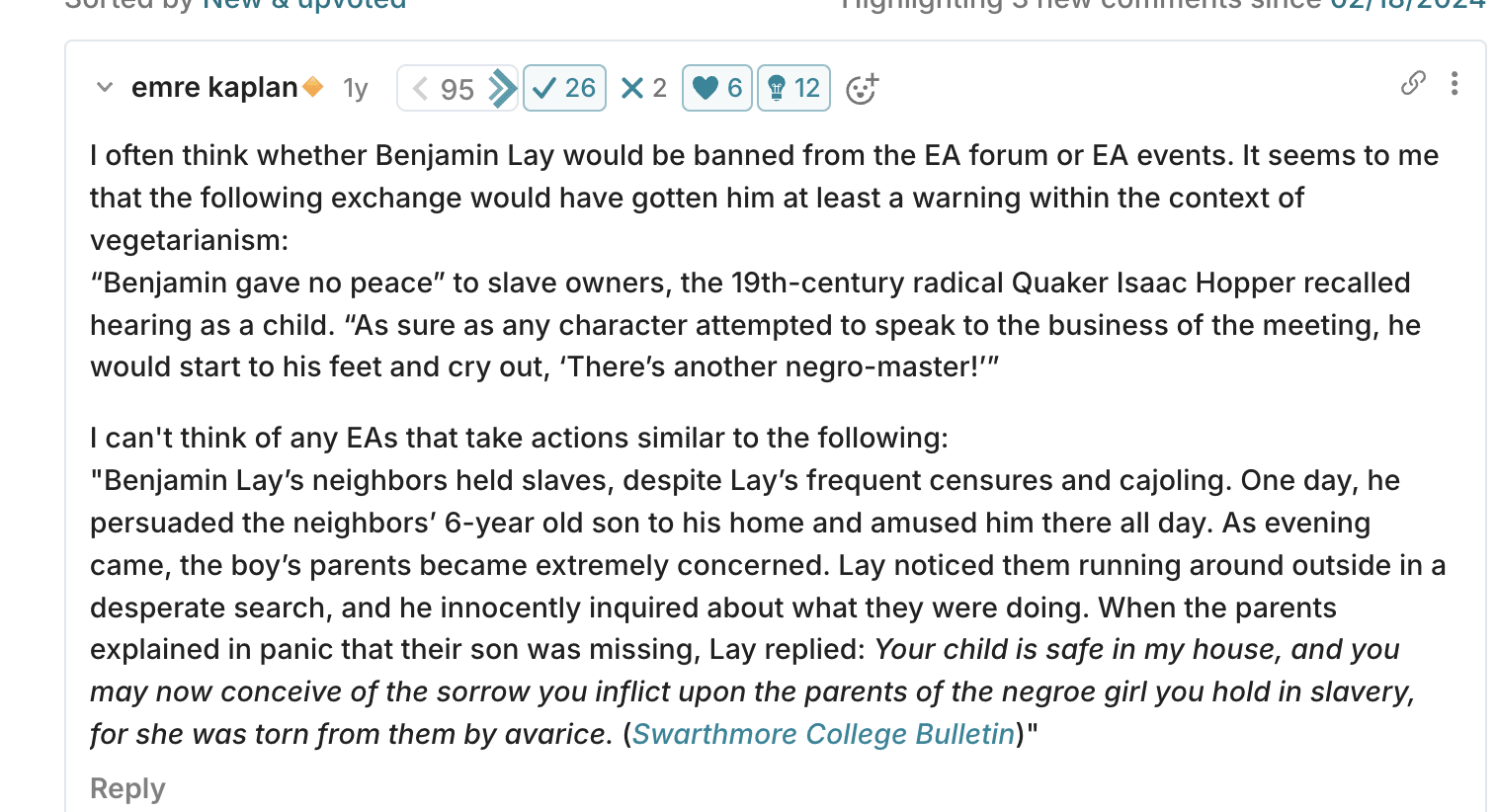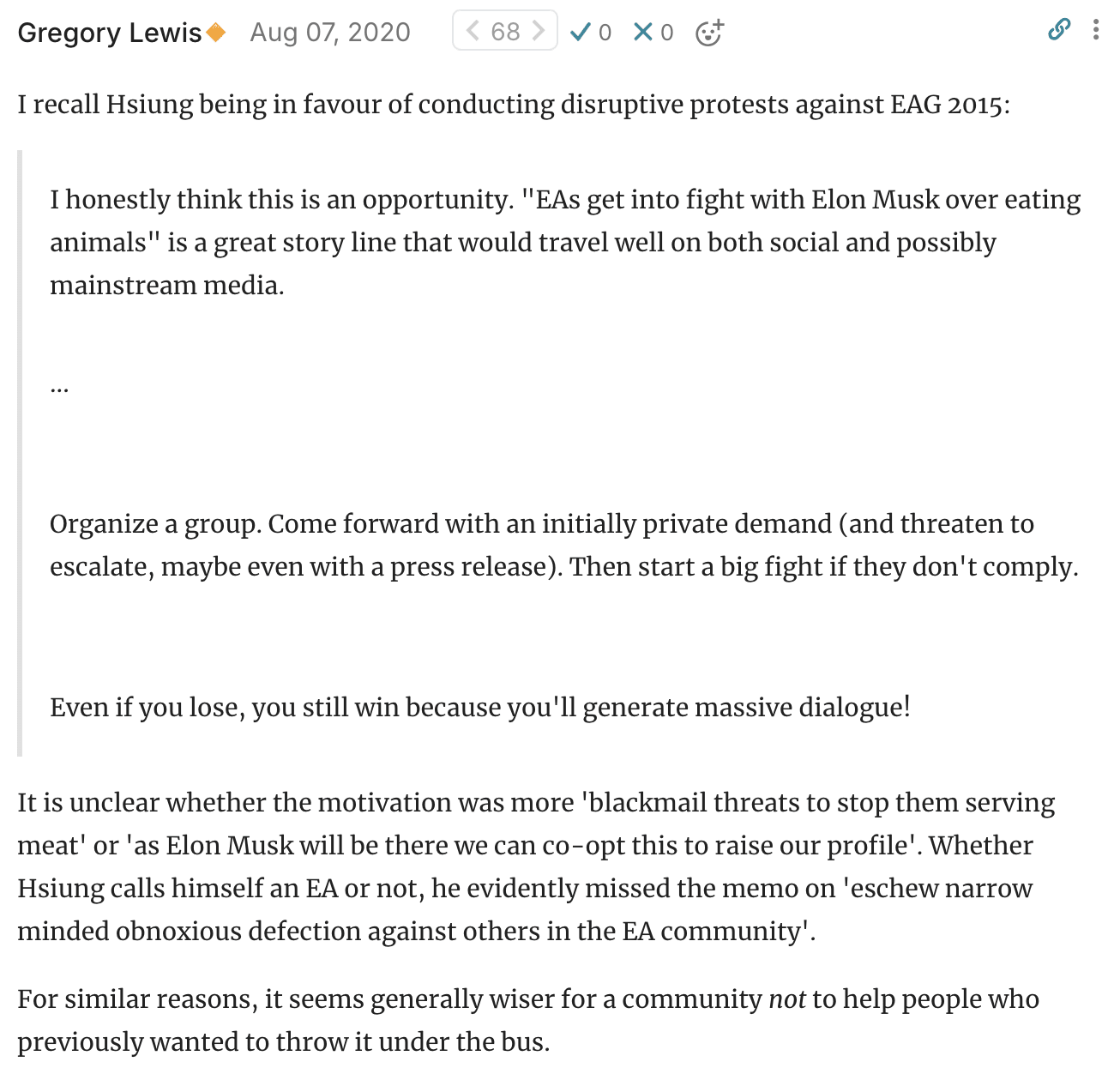There is a wealth of data showing that alcohol consumption has negative health impacts and is correlated with shorter lifespan. Contemporary Prohibition arguments also mentioned the positive social aspects of banning alcohol (often in early feminist terms, such as arguing that a woman with a sober husband is less likely to become homeless or to suffer domestic abuse).
On the other hand, there was a clear conflict between individual freedom and Prohibition. And Prohibition encouraged a freewheeling black market and organized crime.
Prohibition is (IME) taught in US schools as a failed policy brought on by moralizing, pearl-clutching types. But there have been studies showing that the rates of alcohol-related diseases declined during Prohibition and increased afterward (such as https://www.nature.com/articles/140020c0)
I thought this would be a fun weekend thought experiment.


